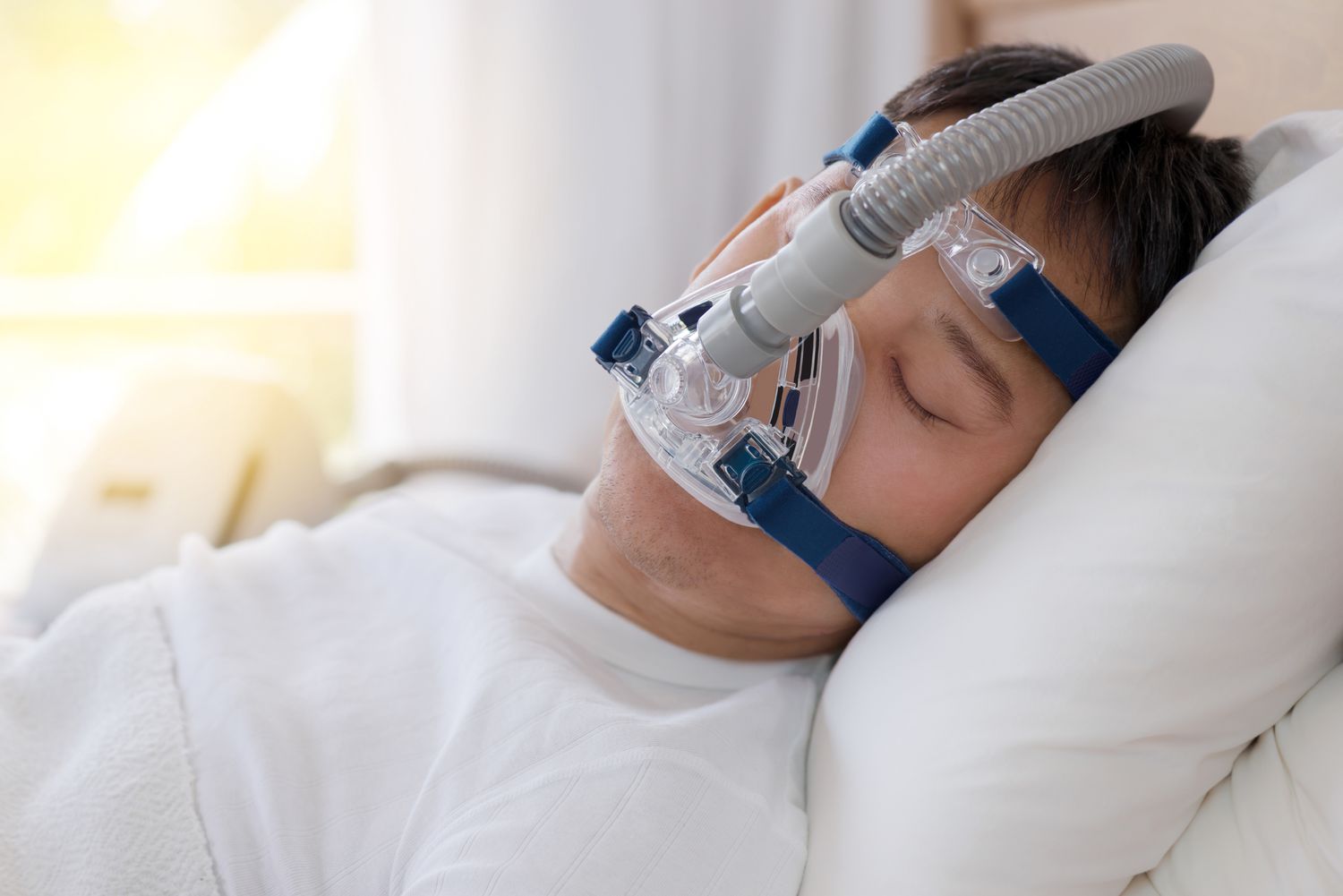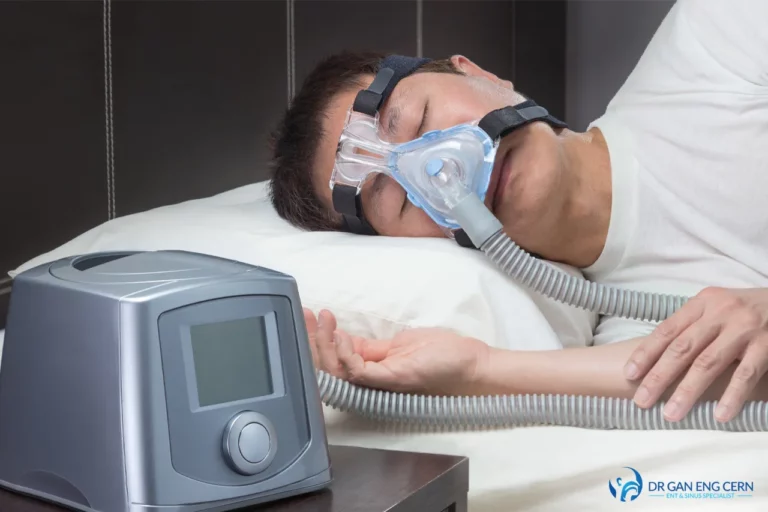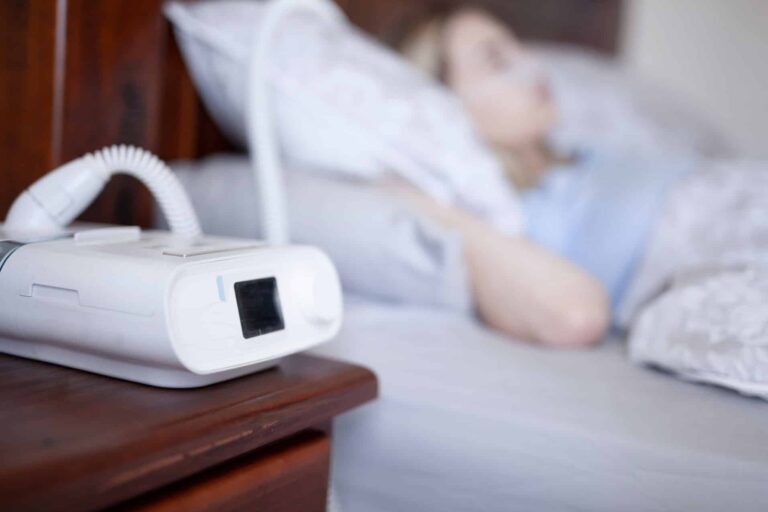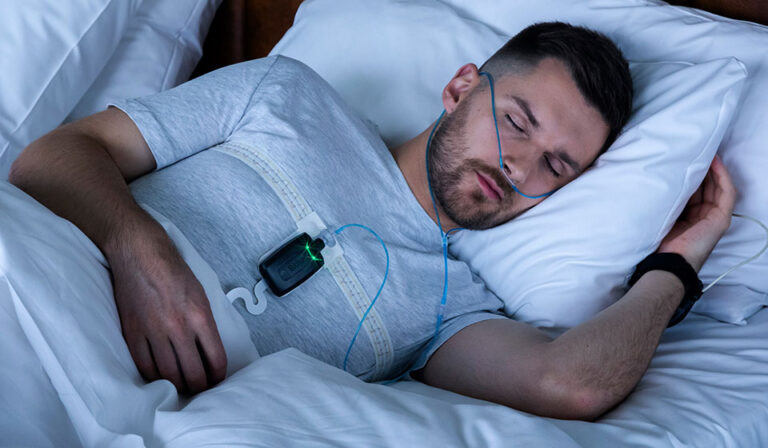What to Expect from a Sleep Study and Its Cost
Sleep studies, also known as polysomnography, are essential diagnostic tools used by medical professionals to assess and understand a variety of sleep disorders. If you’re considering undergoing a sleep study, it’s important to know what to expect from the process, its significance in diagnosing sleep issues, and the associated costs. This article provides an in-depth look at the various aspects of sleep studies.
Understanding the Purpose of a Sleep Study
Sleep studies serve a critical function in identifying and treating sleep-related problems. They help medical professionals monitor your sleep patterns and behaviors in a controlled environment. Understanding why you might need such a study can alleviate any concerns you may have.
In conclusion, a sleep study is an important procedure for diagnosing and managing sleep disorders. By understanding the purpose, preparation, process, results, and sleep study cost you can approach the experience with confidence and clarity. Prioritizing your sleep health can lead to a more fulfilling life.
The Role of Sleep in Overall Health
Sleep is vital for overall health and well-being. It plays a significant role in various bodily functions, including:
- Restoration of energy levels
- Regulation of hormones
- Improvement of cognitive function
- Support of immune function
When individuals do not get enough quality sleep, they may experience a range of negative health effects, including increased stress, mood disorders, and a higher risk of chronic conditions such as diabetes and heart disease. Thus, identifying any sleep disorders through a sleep study is an essential step in safeguarding your health.
Moreover, the impact of sleep extends beyond just physical health; it significantly influences mental and emotional well-being. Quality sleep contributes to better mood regulation, enhanced creativity, and improved problem-solving skills. Studies have shown that individuals who prioritize sleep often report higher levels of happiness and life satisfaction. Conversely, chronic sleep deprivation can lead to irritability and decreased motivation, creating a cycle that further disrupts sleep patterns and overall quality of life.
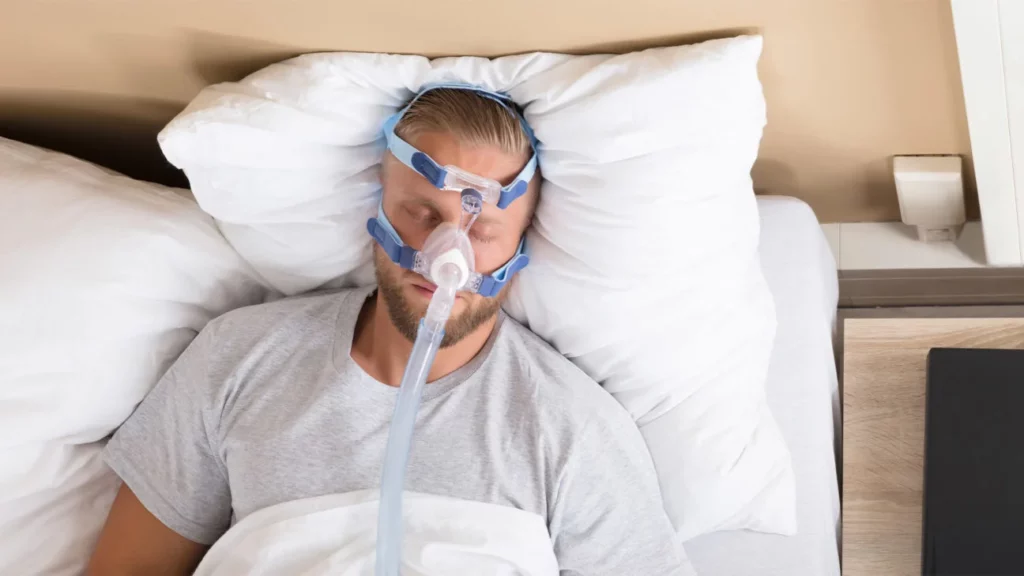
Identifying Sleep Disorders
A sleep study can help diagnose a variety of sleep disorders, including:
- Obstructive sleep apnea
- Central sleep apnea
- Insomnia
- Restless leg syndrome
- Parasomnias (such as sleepwalking)
Recognizing these disorders enables health professionals to create tailored treatment plans to improve sleep quality and overall health. Treatment options may range from lifestyle changes, such as improving sleep hygiene, to medical interventions like CPAP therapy for sleep apnea. Additionally, cognitive-behavioral therapy (CBT) has emerged as an effective method for managing insomnia, helping individuals develop healthier sleep habits and address underlying psychological factors. The comprehensive nature of sleep studies ensures that each individual receives a personalized approach to their unique sleep challenges.
Furthermore, the technology used in sleep studies has evolved significantly, incorporating advanced monitoring techniques that provide detailed insights into sleep stages and disturbances. This data not only aids in diagnosis but also allows for ongoing adjustments to treatment plans as needed. Understanding the nuances of your sleep can empower you to take proactive steps toward achieving better rest, ultimately leading to a more vibrant and productive life.
Preparing for Your Sleep Study
Preparation for your sleep study can enhance the experience and provide more accurate results. Knowing what to expect can reduce anxiety and help you get the most out of the study.
To learn about CPAP sleep study click here.
Scheduling and Timing
First, schedule your sleep study at a time that is convenient for both you and your healthcare provider. Sleep studies are typically conducted during the night, although some may also be done during the day. Be prepared to arrive at the sleep center in the early evening to allow enough time for setup and monitoring.
It is advisable to maintain your regular sleep schedule in the days leading up to the study. Disrupting your usual routine can affect the results, as the study aims to analyze your normal sleep patterns. Additionally, consider avoiding caffeine and alcohol in the hours before your study, as these substances can interfere with your ability to fall asleep and may skew the results. Read more about caffeine at https://www.ncbi.nlm.nih.gov/books/NBK519490/
What to Bring
When preparing for your sleep study, there are a few items you should consider bringing:
- Your usual sleepwear
- Personal hygiene items (toothbrush, toothpaste, etc.)
- Medications you regularly take
- A list of any allergies or medical conditions
- If applicable, comfort items like a pillow or blanket
Ensure you also leave any valuables at home, as you will be in a clinical setting overnight. It’s also beneficial to bring a book or some calming music to help you relax before the study begins. Many people find that engaging in a quiet activity can ease pre-study nerves and prepare them for a restful night.
Furthermore, it’s important to communicate openly with the sleep center staff about any concerns you may have. They can provide guidance on what to expect during the study and address any specific needs you might have. Understanding the monitoring process, including how sensors will be placed and what they will measure, can help demystify the experience and make you feel more at ease.
The Process of a Sleep Study
Understanding the actual process of a sleep study can make it feel less intimidating. Here is a breakdown of what to expect during the study.
The Role of the Sleep Technologist
A sleep technologist plays a significant role in the sleep study process. They are trained professionals who will monitor you throughout the night. Upon arrival, the technologist will explain what will happen during the study, help set up the necessary equipment, and answer any questions you might have.
Throughout the night, they will monitor your sleep stages and any disruptions in your sleep, ensuring everything runs smoothly and safely. In addition to their technical skills, sleep technologists often provide emotional support, helping to alleviate any anxiety you may feel about the study. They are there to ensure your comfort and can offer tips on how to relax and prepare for a restful night, which can be especially helpful if you are feeling nervous about the unfamiliar environment.
The Equipment Used in a Sleep Study
During a sleep study, you will be connected to various devices that measure different physiological signals. Common equipment includes:
- Electrodes placed on the scalp to monitor brain activity
- Oximeters to measure blood oxygen levels
- Straps around the chest and abdomen to assess breathing
- Cameras for visual monitoring
Despite the various wires and machines, most patients find they can still sleep comfortably. Some sleep centers even provide private rooms designed to create a more inviting atmosphere. These rooms often feature soft lighting, comfortable bedding, and soothing decor to help you feel at ease. Furthermore, many facilities allow you to bring personal items, such as a favorite pillow or blanket, which can enhance your comfort and help you feel more at home during the study.
As you settle in for the night, the equipment will begin to collect data that will provide insights into your sleep patterns. This information is crucial for diagnosing sleep disorders such as sleep apnea, insomnia, or restless leg syndrome. The comprehensive data collected will not only help your healthcare provider understand your sleep quality but also guide them in creating a tailored treatment plan that addresses your specific needs. The combination of advanced technology and professional expertise ensures that your sleep study is both thorough and supportive.
Interpreting Sleep Study Results
After the study, a sleep specialist will analyze the data collected during the night. Understanding the results is crucial for determining any necessary next steps. The analysis typically involves examining various metrics, including brain wave activity, heart rate, and oxygen levels, all of which contribute to a comprehensive view of your sleep health. This detailed evaluation can help pinpoint specific issues that may not be immediately apparent, guiding the specialist in formulating a tailored treatment plan.
Understanding Sleep Cycles and Stages
Sleep is composed of different cycles and stages, including rapid eye movement (REM) sleep and non-rapid eye movement (NREM) sleep. Each stage plays a specific role in physical restoration and cognitive function. The results from your sleep study will indicate how much time you spent in each stage and whether you experienced any abnormalities. During REM sleep, for instance, your brain is highly active, which is essential for memory consolidation and emotional regulation. In contrast, NREM sleep is crucial for bodily repair and growth, making it vital to achieve a balance between these stages for optimal health. Click here to find more about growth.
For example, if you spent a significant amount of time in lighter stages of sleep without progressing into deep sleep, it could signal a potential sleep disorder. Additionally, frequent awakenings during the night can disrupt the natural sleep cycle, leading to feelings of fatigue and grogginess during the day. Understanding these patterns can help you and your specialist identify lifestyle changes or interventions that may enhance your sleep quality.
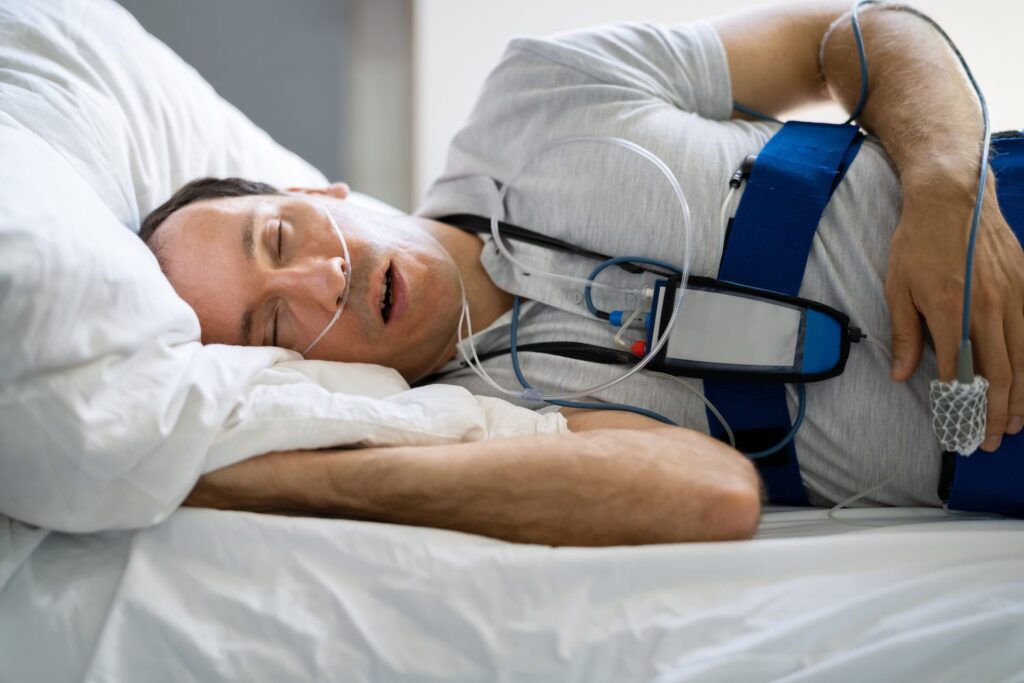
Common Sleep Disorders Detected
Based on the analysis, several common sleep disorders may be detected, such as:
- Obstructive sleep apnea, characterized by pauses in breathing
- Insomnia, where difficulty falling or staying asleep is prevalent
- Periodic limb movement disorder, which disrupts sleep with involuntary leg movements
Understanding these results is the first step toward effective treatment and improved sleep quality. For instance, if obstructive sleep apnea is diagnosed, the specialist may recommend lifestyle changes, the use of a CPAP machine, or even surgical options to alleviate the condition. Similarly, if insomnia is identified, cognitive behavioral therapy for insomnia (CBT-I) may be suggested to help reframe negative thoughts about sleep and develop healthier habits. Each of these conditions can significantly impact your overall well-being, making it essential to address them promptly and effectively.
The Cost of a Sleep Study
The financial aspect of a sleep study is often a concern for many individuals. It’s essential to have a clear understanding of what to expect when it comes to costs.
Factors Influencing the Cost
The cost of a sleep study can vary widely based on several factors:
- The type of sleep study (at-home vs. in-lab)
- Your geographical location
- Specific sleep center policies and pricing structure
- Your insurance coverage and benefits
On average, in-lab sleep studies may cost anywhere from $500 to $3,000, depending on the above factors. It is recommended to inquire about the costs beforehand so you can make an informed decision.
Insurance Coverage and Out-of-Pocket Expenses
Many insurance plans cover sleep studies, but coverage can vary. It is crucial to contact your insurance provider to confirm your specific benefits. In some cases, a referral from a primary care doctor may be necessary.
Be aware of potential out-of-pocket expenses that may not be covered by your insurance. Depending on the plan, co-pays or deductibles may apply. Clarifying these details with your insurance can help you avoid unexpected costs.

